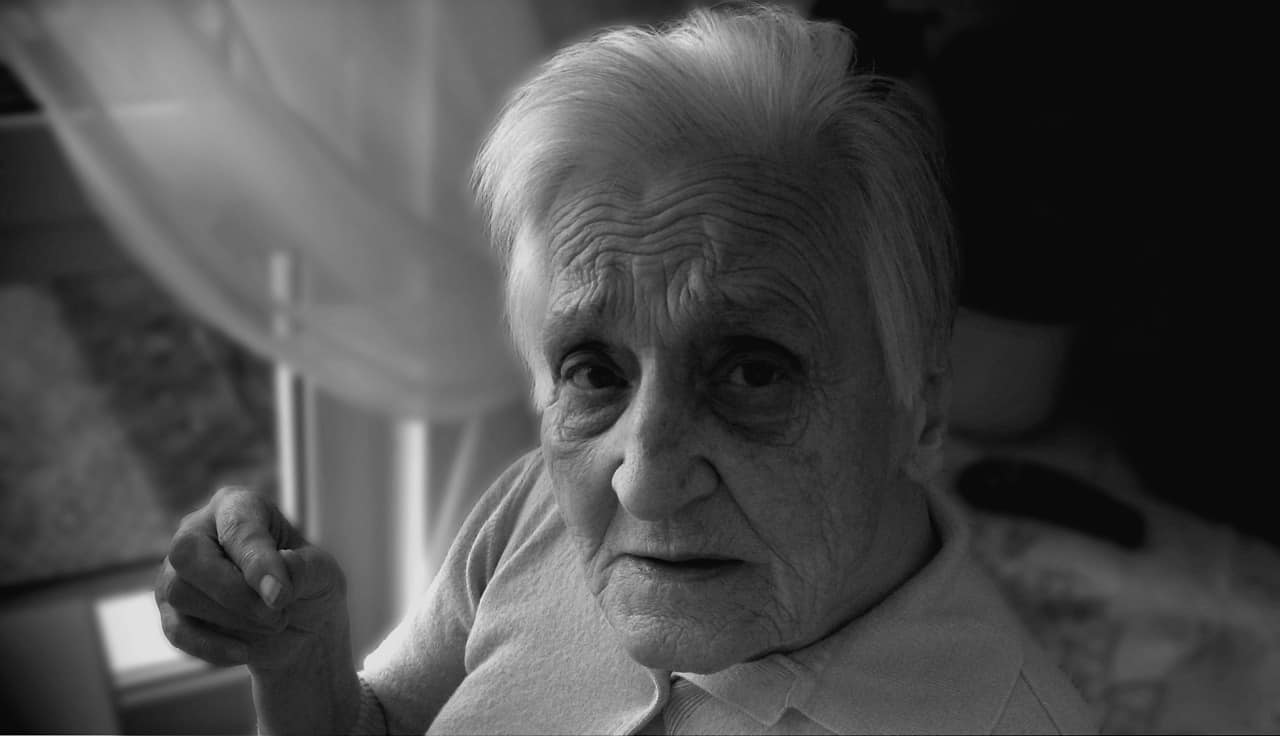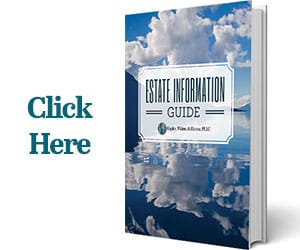What is Guardianship?
Guardianship is a legal protective proceeding that appoints a person or a public entity to make decisions for a person who is unable to make sound decisions for themselves or manage their own affairs. These proceedings are typically carried out through probate court and effectively remove the rights of the individual, or Ward, in question. Once those rights are removed, the Guardian can make decisions for the Ward, regardless of whether the Ward likes the decisions. The Guardian is given control over the life of the Ward, and can make decisions regarding the medical care they receive, how any money is spent, where the person lives, and much more.
Elder guardianship is a very serious decision since it will greatly impact the individual rights and freedoms of the elderly person. The process of appointing a guardian can be difficult as well as expensive for everyone involved, especially the elder. Appointing a guardian can also be one of the best ways to protect the elderly who could otherwise be victimized or abused. It is important to note that there are many safeguards put in place by the law to ensure guardianship is not misused.
When is Guardianship Necessary?
There are several instances in which legal guardianship can become necessary. Some of these times include when a trust needs to be created or amended, when the Ward refuses to receive care that is necessary, when the Ward is vulnerable to exploitation, and when finances are unable to be accessed.
Creating or Amending a Trust
Many times, a trust needs to be created or amended to protect assets or allow for tax protection. If the beneficiary is unable to take the steps themselves, the legal guardian can be given the right to do so in their place. If the beneficiary has not planned their trust before they become incapacitated, legal guardianship awarded by the courts can make an allowance for the trust to be amended or created in a way that benefits the beneficiary of the trust.
Refusing Care
Elder guardianship may become a necessary step when an elderly person refuses appropriate care that would put themselves or others at risk. For example, an elderly parent may refuse to consider leaving their home for an assisted living situation, despite safety risks. Cognitive decline associated with many conditions such as Alzheimer’s and dementia, can create unsafe daily living situations such as forgetting to take their medications, getting lost in public, creating fire hazards by leaving the stove on, etc. In some cases, these needs can be addressed by having someone routinely check on the elderly person in their own home. When this is not an option, an elder care facility may need to be considered.
When an elderly person is cooperative, legal guardianship does not necessarily need to be established. However, most elder care facilities will require someone with appropriate legal authority to be on record, thus, guardianship may eventually become necessary. In cases where the incapacitated person refuses outside help, or even assistance from family and friends, the only answer may be to pursue legal guardianship.
For A Free Estate Information Guide
Vulnerable to Exploitation
Unfortunately, being vulnerable to exploitation is a common problem for people who become incapacitated, and specifically the elderly population. They are often targeted by scammers through various outlets, including mail, telephone, television and on the internet. In cases like these, their right to contract needs to be removed by the legal guardian. Of course, it is also possible for the elderly person to be exploited by a fiduciary named under a trust or durable power of attorney. Because of this, it is best for the elderly person to choose a fiduciary while they are still competent to make such decisions. If the beneficiary becomes incapacitated, and the fiduciary begins exploiting them, it may be necessary to appoint a legal guardian to stop the abuse by the fiduciary.
Accessing Finances
When bills need to be paid and assets managed, and there are no legal documents to authorize access to the incapacitated person’s finances, legal guardianship may become necessary to access those finances. This kind of guardianship can be avoided if proper estate planning is done before the elderly person becomes incapacitated. To do so, a trust or durable power of attorney should be legally documented to authorize a person of their choosing to manage their finances when they become incapacitated.
Using a Trust or Durable Power of Attorney
When a durable power of attorney is used, the Guardian is given the right to do virtually anything with the property that the incapacitated person could do. Using the durable power of attorney is a good way to avoid guardianship in any case where the alleged incapacitated elder is cooperating with their preassigned agent assigned for their care. When the incapacitated elder insists on making their own decisions that are harmful to them, a durable power of attorney is not preferable over guardianship. When a durable power of attorney is enacted, the agent is unable to limit property access by the incapacitated person. The only thing they can do is re-title the assets into the name of the agent to limit access to the incapacitated person. However, this can be seen as elder exploitation and a breach of their fiduciary duty.
A trust can be more useful when you must deal with an incapacitated person that chooses to not be compliant. A doctor’s note or other triggering mechanisms typically must be provided for the trustee to take control. Once the trustee has control, they can limit access by the incapacitated elder to the trust assets. When the incapacitated person is not cooperative, though, they may enter contracts to thwart these steps that must be honored by the trustee.
Trusts and durable power of attorney can sometimes help the elderly avoid guardianships. They are not a guaranteed way of avoiding guardianship, though, because guardianship is often required to address problems discussed above such as amending and creating trust documents, refusing appropriate care, and vulnerability to exploitation.
Conclusion
In most instances, planning in advance through estate planning and carefully selecting fiduciaries can prevent the need for guardianship once an elderly person becomes incapacitated. Estate planning also allows the elderly person to ensure the selected persons or institutions have the ability to manage theor personal and financial affairs if it becomes necessary.


